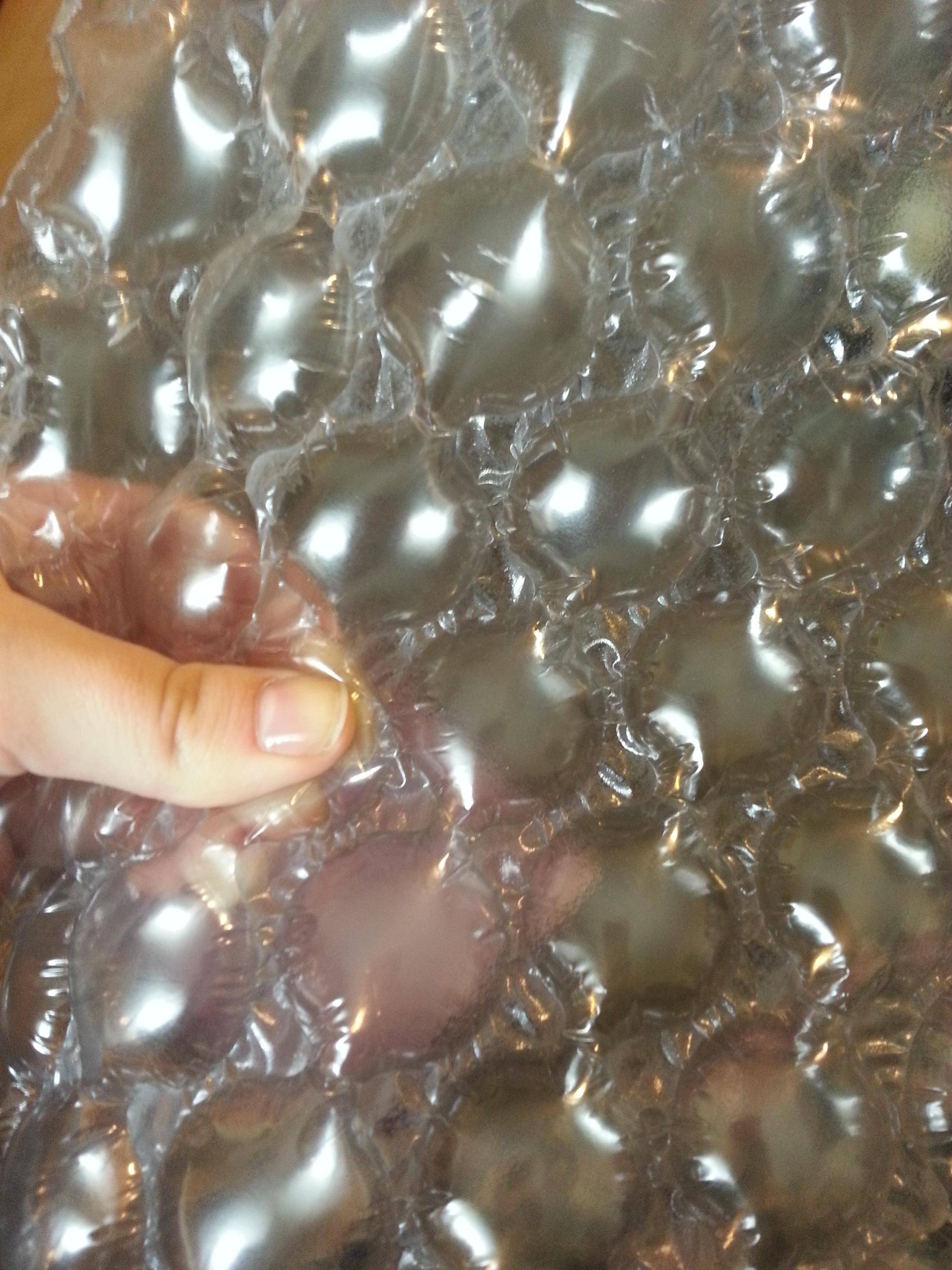The number of applications exploiting nanotech developments in the food sector is limited, but the products that could be available on the market in the medium or long term will potentially have relevant impacts on society. These include:
 Smart packaging to improve food quality and safety and prolong shelf-life of fresh and processed products Benefits: positive environmental impacts thanks to lightweight and biodegradable materials and the reduction of food waste along the entire food chain Risks: nanoparticles migration and food contamination
Smart packaging to improve food quality and safety and prolong shelf-life of fresh and processed products Benefits: positive environmental impacts thanks to lightweight and biodegradable materials and the reduction of food waste along the entire food chain Risks: nanoparticles migration and food contamination
- Nano-filtering (using nano-membranes/nano-fibers) for beverage and drink filtration (e.g. water, beer, wine, oil), nano-ultra filtration in waste water management and cleaning processes Benefits: increased drinkable water availability, pollution reduction (e.g. in industrial processes of landfills) and water cycles closure
- Novel ingredients/novel foods with specific functionalities, such as increasing the content of healthy substances (e.g. vitamins, carotene), changing specific properties (e.g. reducing allergy risks), enable targeted delivery/release of nutrients. Minimally processed food, reducing the processing of foods in the production, storage and distribution phases. Benefits: improved nutrition, reduced presence of additives and processing aids, improved food flavor, texture and appearance, make the product process more efficient Risks: reduced safety when changing industrial processes
- Plant protection products for agricultural application to improve barriers on plants against microorganisms Benefits: reduction in the use of pesticides and improved plant nutrition products (e.g. fertilizers), efficacy

Strawberries in a conventional food container (upper row) and nano-silver container (lower row). (Test series and pictures: The Innovation Society Ltd.)